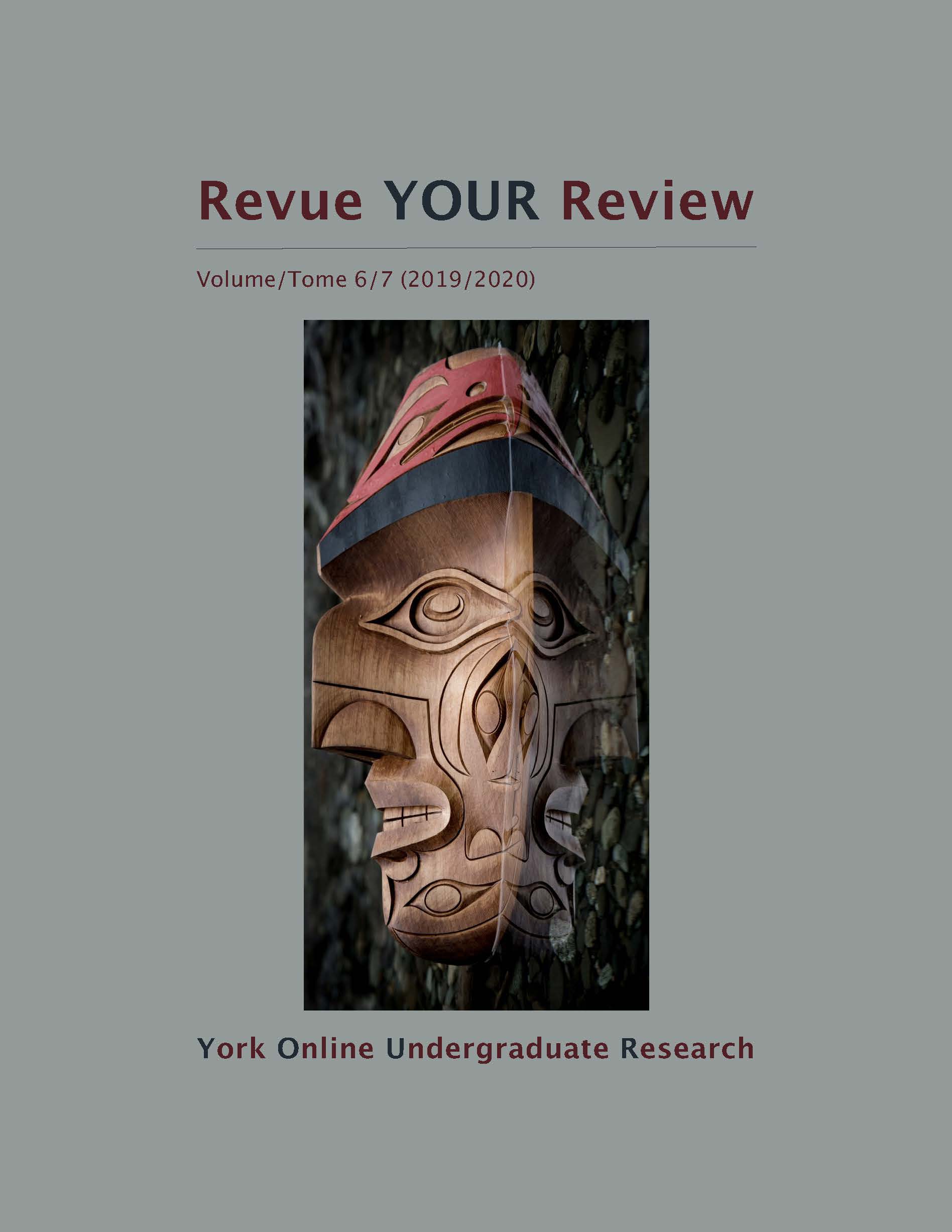The Impact of Facebook Use on the Psychological Well-Being of Young Adults
Résumé
With over 2.13 billion monthly active users (2018), Facebook is one of the most extensively used social networking sites in the world. It is so extensively used among young adults that many regard it as an extension of their daily lives. A literature review was conducted to determine if Facebook use positively or negatively impacts the psychological well-being of young adults. Unlike some previous studies, the results of this research show that Facebook has a positive impact on young adults’ psychological well-being, especially for those with high emotional needs. Facebook provides an online community of support, promotes personal growth, coping strategies, and autonomy, and increases the likelihood that users will make healthy decisions. This research gives rise to the possibility of using Facebook in a controlled setting as a coping tool for those with low psychological well-being. Further research is needed on whether the social networking site could be used to improve the psychological well-being of young adults in educational or health care settings.
Téléchargements
Publié-e
Comment citer
Numéro
Rubrique
Licence
LicenceLes auteurs qui contribuent à la Revue YOUR Review acceptent de publier leurs articles selon une des trois catégories de la licence 4.0 : Creative Commons Attribution 4.0 International; Creative Commons Attribution-Pas d'Utilisation Commerciale 4.0 International; ou Creative Commons Attribution-Pas de Modification 4.0 International. Tout contenu éditorial de ce site ainsi que les affiches et les résumés sont sous la licence Creative Commons Attribution-Pas de Modification 4.0 International. Pour plus d’informations, veuillez voir :
https://creativecommons.org/licenses/
Dans tous les cas, les auteurs conservent leurs droits d’auteurs et concèdent à la Revue YOUR Review le droit de première publication. Les auteurs peuvent, par la suite, conclure d’autres accords de distribution non exclusifs de la version publiée dans ce périodique (par exemple, l’afficher à un dépôt institutionnel ou le publier dans un livre ou dans un autre périodique) à condition que la reconnaissance fasse mention de la publication originale dans la Revue YOUR Review.


